“Ways to Address the Venezuelan Election Crisis and Political Discord”
In the aftermath of Venezuela’s hotly contested presidential election, several Latin American countries, including Brazil, Colombia, and Mexico, have initiated discussions with both the government of President Nicolás Maduro and opposition candidate Edmundo González in an effort to resolve the political turmoil in the country.
The three nations, led by leftist presidents who are allies of Maduro, have been engaged in ongoing talks with representatives from both sides. While these discussions are aimed at facilitating a resolution, the involvement of the nations is not officially classified as formal mediation.
Furthermore, Brazil, Colombia, and Mexico have advised both the government and the opposition to adhere to Venezuela’s existing laws and to pursue legal avenues to contest any irregularities in the election process. However, this recommendation poses a significant challenge for the opposition, as Venezuela’s ruling party wields considerable control over all government institutions, including the justice system, which is often utilized to suppress opposition voices.
At present, the countries involved have taken a neutral stance with regard to the election results, refraining from either endorsing or rejecting the victory of either Maduro or González. This contrasts with numerous other nations that have already recognized one candidate over the other.
In a collective statement, Brazilian President Luiz Inácio Lula da Silva, Colombian President Gustavo Petro, and Mexican President Andres Manuel Lopez Obrador urged Venezuela’s electoral authorities to disclose the extensive vote tally sheets, which are considered crucial evidence of the election outcomes.
Following the highly anticipated election on July 28, which was widely perceived as the most challenging electoral contest faced by Maduro in decades, the National Electoral Council swiftly declared Maduro as the winner without releasing detailed figures. This triggered widespread protests across Venezuela and resulted in harsh crackdowns by the government.
Despite the official results indicating a victory for Maduro, opposition figures such as Edmundo González and Maria Corina Machado have contested the outcome, citing evidence that reportedly shows a substantial lead in their favor. In response, Maduro called for an audit of the election, which was met with skepticism from foreign observers due to concerns over the impartiality of the Supreme Tribunal of Justice, which was tasked with conducting the review.
In the midst of the ongoing dispute, Venezuela’s top prosecutor announced a criminal investigation against González and Machado for supposedly making false statements about the election results and allegedly inciting law enforcement and military officials to defy the government’s directives.
In conclusion, the efforts of Brazil, Colombia, and Mexico to engage with the Venezuelan government and opposition represent a significant diplomatic initiative to address the country’s election crisis and political discord. The outcome of these discussions and the extent to which they may pave the way for a resolution remain uncertain. With tensions running high and the situation evolving, the international community is closely monitoring the developments in Venezuela as the nation grapples with a critical juncture in its political landscape.
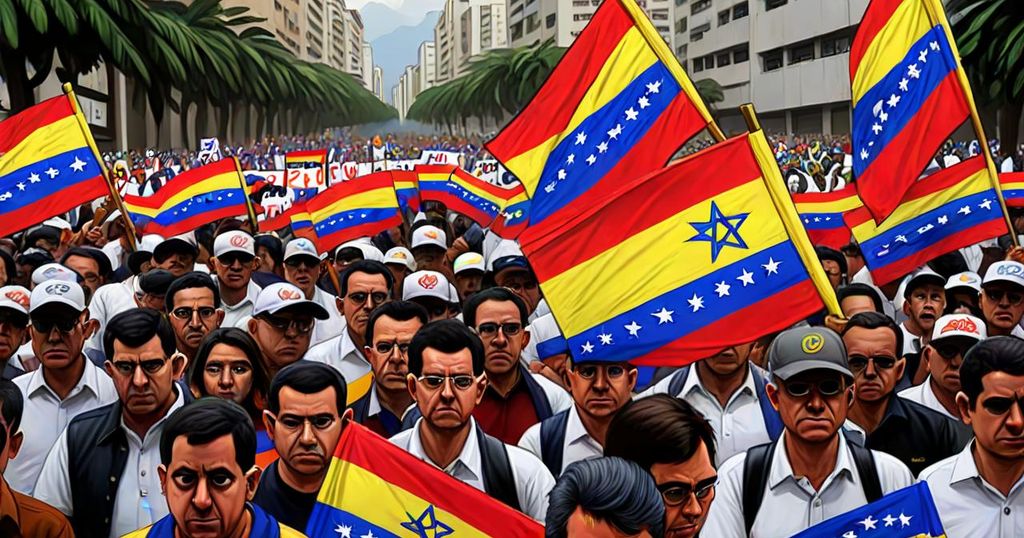
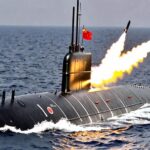
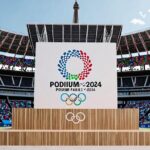

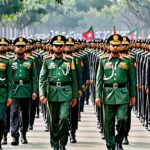
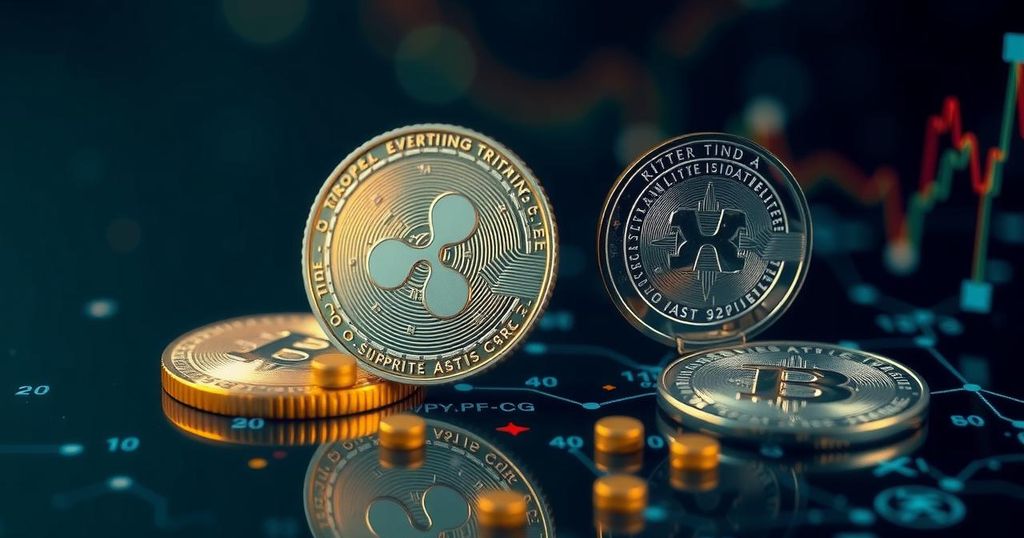
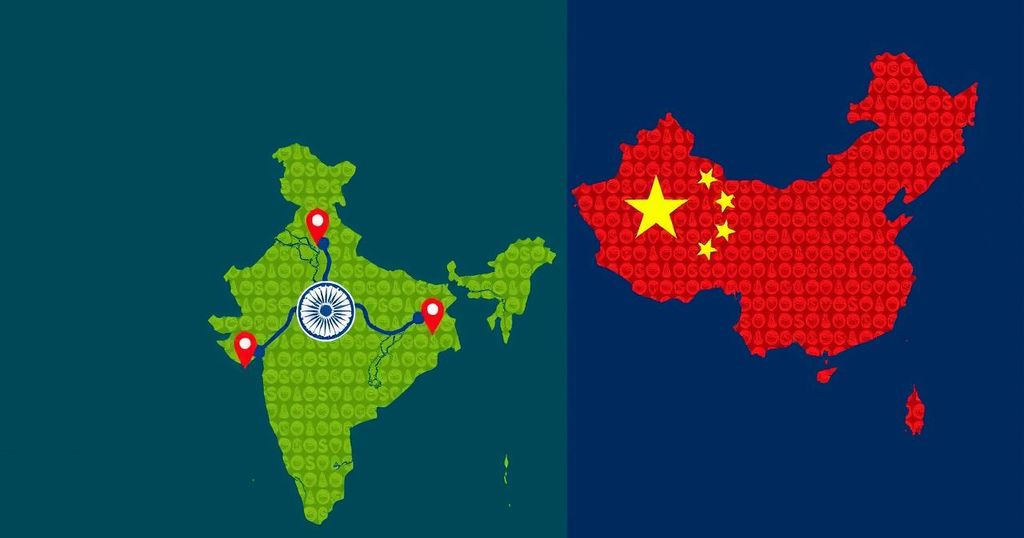
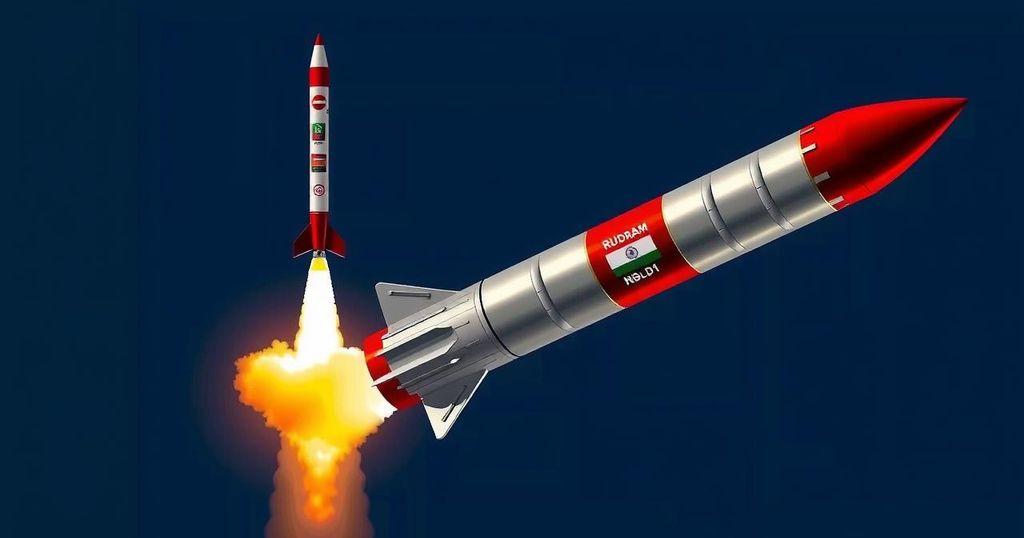
Post Comment